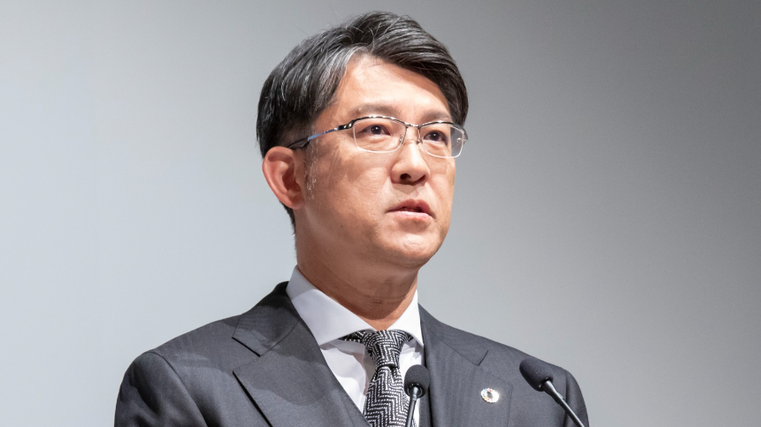Japanese push into China

Carmakers in Japan are jumping on the big-tech bandwagon as they race to revive waning interest among Chinese consumers.
In recent weeks, Toyota has said it will partner with Chinese technology giant Tencent Holdings in some areas, such as cloud computing, big data, social-media connection and artificial intelligence.
Nissan, meanwhile, is set to collaborate with Baidu on AI, including smart cockpits.
The tie-ups highlight the pressure facing marques in Japan to win back ground lost to Chinese companies, which can quickly roll out tech-centric offerings to meet the needs of increasingly selective consumers.
For Japanese manufacturers, that has entailed cutting back on production and staffing or, in Mitsubishi’s case, pulling out of China.
As a result, Japanese brands are falling further behind, reports the Japan Times. They accounted for 15 per cent of the Chinese market in this year’s first quarter, down from 21 per cent five years ago, according to a Bloomberg News analysis of data published by the China Automotive Technology & Research Centre.
Chinese domestic brands now have 53 per cent of the market, up from just 37 per cent, and led by the likes of BYD to meet surging EV demand.
“The buzz these days is software-defined vehicles, an area in which Chinese automakers are well ahead, says Bloomberg Intelligence analyst Tatsuo Yoshida. For Japanese companies, there’s “no time to lose”.
However, it’s likely to take years for alliances to bear fruit as discerning Chinese consumers require more than just minor tweaks to existing international models to win them over.
Not only are Japanese companies competing with their Chinese counterparts – for example, BYD can turn a concept into mass production in as little as 24 months –they are now competing with tech firms themselves.
Smartphone manufacturer Xiaomi’s SU7 comes with AI-assisted automated parking and seat-back extensions to mount two tablet devices on. The company had received more than 88,000 orders by the end of April.
An ongoing price war, which is being led by Tesla and BYD to try to boost Chinese EV demand as growth slows, is also a headwind.
“We’ll have to continue enduring for several years until we have more battery EVs to offer,” says Yoichi Miyazaki, Toyota’s chief financial officer said last week, referring to the price war. CEO Koji Sato, pictured above, adds the company plans to expand AI-related investments, and this year will focus on building a strong foundation for software-defined vehicles.
Toyota is also looking to make more of its EV offerings. At April’s car show in Beijing, it showcased two new models developed with Chinese partners including its joint venture with BYD.
They are the family-oriented bZ3X electric SUV and the bZ3C, a crossover battery EV targeting Gen Z buyers.
Honda has also launched a new series called Ye in China. Nissan plans to roll out eight new-energy vehicles in China, including four branded with its own marque.
Makoto Uchida, Nissan’s CEO, said in March that the company wants to start exporting cars produced in China from 2025 with the aim of shipping 100,000 units annually.
While he didn’t say where they would be sent, analysts have predicted they may make their way to Asian countries given the challenges of getting China-made vehicles into the US and Europe.
With no signs of demand slowing for Chinese EVs, Japanese carmakers are looking to adapt their strategies to win over the world’s biggest automotive market. Uchida says: “We have to change our ways to compete with companies like BYD.”





